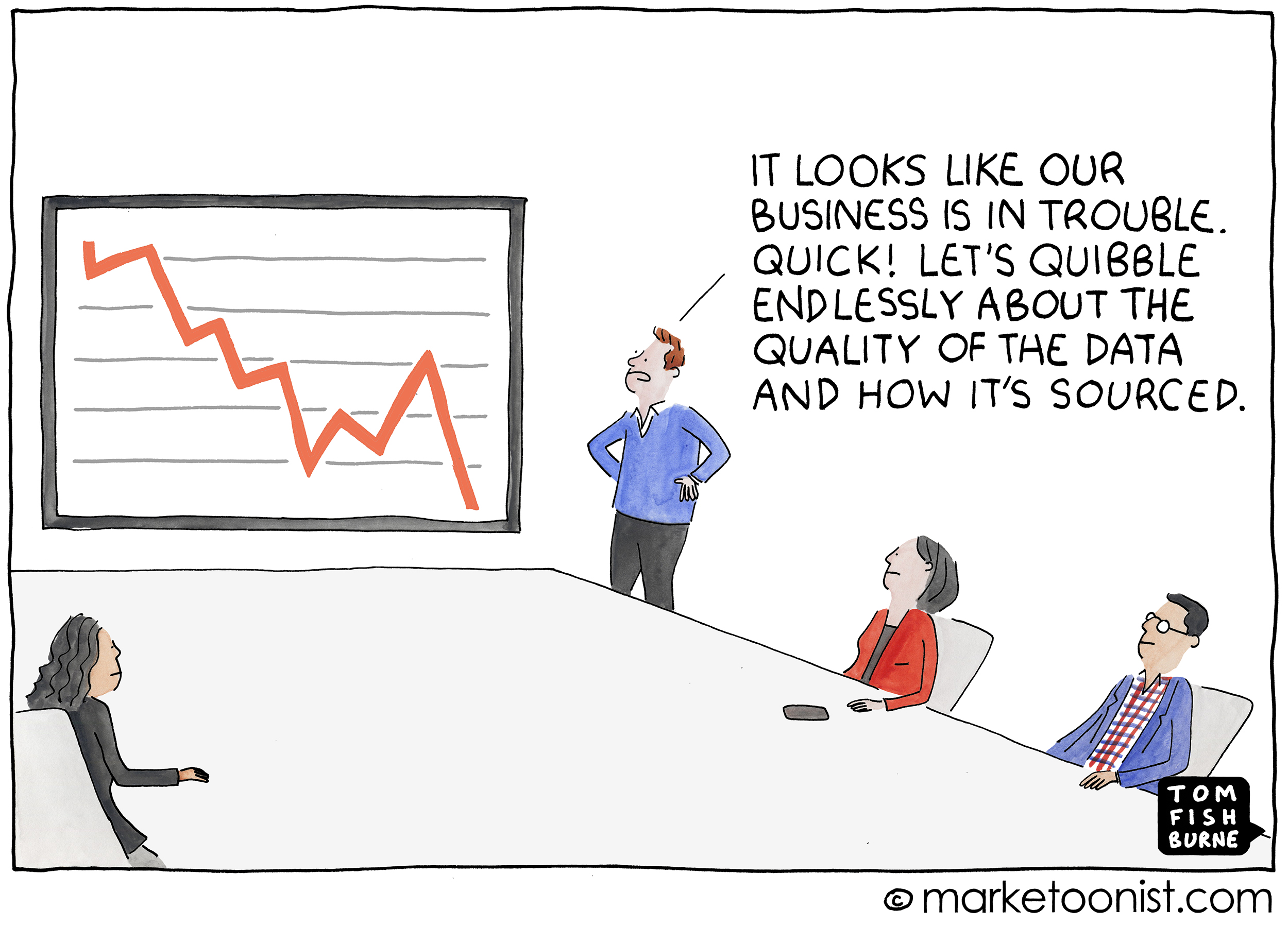What’s wrong with marketing analytics and electronic health records and how to fix it.
An electronic health record (EHR) is a digital version of a patient’s paper chart. EHRs have changed the healthcare industry for the better. The earliest uses date back to 1992 before becoming mandatory on January 1, 2014.
According to HealthIT.gov, electronic health records have plenty of benefits:
- Providing accurate, up-to-date, and complete information about patients at the point of care
- Enabling quick access to patient records for more coordinated, efficient care
- Securely sharing electronic information with patients and other clinicians
- Helping providers more effectively diagnose patients, reduce medical errors, and provide safer care
- Improving patient and provider interaction and communication, as well as health care convenience
- Enabling safer, more reliable prescribing
All those things are great, but electronic health records also have drawbacks. The biggest one is that they provide data without insight. I’ve experienced that firsthand with a family member’s recent hospital stays. There’s an app that sends text messages and emails when there’s new information about his treatment. There are three different types of alerts:
- Reminders
- Messages
- Test Results
1. Reminders
Example: Reminder: [Patient Name] has an upcoming healthcare appointment on [Date].
This is helpful information. No issues here.
2. Messages
Example: There is a new message for [Patient Name]! Please log in to your account and access [Patient Name]’s account to read the message.
First, this is an unnecessary use of an exclamation point. I’ve written about this before. With that out of the way, these are usually reported by a doctor, physician’s assistant, or nurse written in medicalese. This is a language the average person doesn’t understand because most of us didn’t study medicine in college. Nevertheless, you can usually figure out what’s happening once you get past the medical jargon and with sufficient googling. The problem is these messages lack insight. It’s just information. They can cause unnecessary panic or provide a false sense of security when they’re not explained in context.
3. Test Results
Example: Hello, there is a new test result to view for [Patient Name]. Please log in to your account and access [Patient Name]’s account to view the test result.
This is the most confusing type of message for the layperson. There’s no way of knowing what these tests mean without going down a Google rabbit hole, which is the worst way to diagnose a health issue for yourself or a loved one. The problem again is insight. What does “X” test mean in connection with the patient’s symptoms? These tests monitor everything from white blood cells and hemoglobin to glucose and eGFR, which after consulting the internet, means estimated glomerular filtration rate, which I found after more internet searching has to do with how the kidneys are doing their job. A value can be in the acceptable range or out of range. The app doesn’t tell you if being too low is bad or if being too high is even worse. That can lead to frantic googling to find an answer that may or may not be right.

Sure, knowledge is power, but a little knowledge is also a dangerous thing. All the information is enough to drive you crazy.
Organizational psychologist Tomas Chamorro-Premuzic noted in an HBR article that in most relevant areas of life, we still need human expertise to translate data into insights, and the willingness to act on those insights is what ultimately makes someone data-driven. Data without insights is meaningless, and insights without action are pointless.
He went on to add that in many domains of life, we actually operate according to these principles on a regular basis, even if we are not data scientists. For example, when you decide to buy a product that Amazon has recommended to you, watch a movie that Netflix has suggested, or listen to a song that Spotify matched to your preferences, you are making data-driven changes to your life.
We’re letting automated systems make decisions for us without even stopping to think, is this the right choice for me? Businesses do this all the time when it comes to their marketing. We have more data available than at any other time in human history. Too often, though, business leaders install Google Analytics on their website and call it good.
All the performance, audience, and competitor information available on Facebook, LinkedIn, Instagram, and Twitter’s native analytics or marketing analytics tools (like the aforementioned Google Analytics, SEMrush, Moz, and HubSpot) is worthless if you don’t take the time to draw meaningful insights from the data.
Knowing if your marketing is working comes down to this:
- Data – What numbers matter to my business?
- Insights – What do those numbers mean?
- Recommendations – What do I do with that information?
There’s a Stephen Hawking saying that goes like this: “The greatest enemy of knowledge is not ignorance; it is the illusion of knowledge.” Fortunately, in my case, we had a doctor who took the time to call and explain the messages in the app, answer any questions, and talk about a treatment plan.
Is your agency doing the same with your marketing analytics? If not, maybe it’s time to find a new partner.










